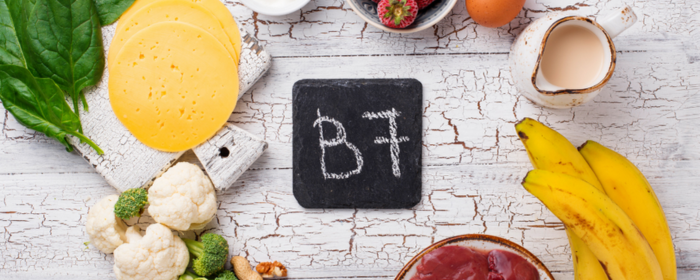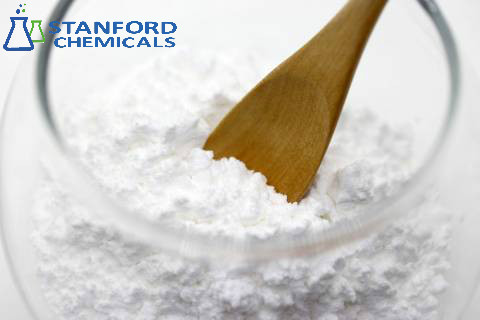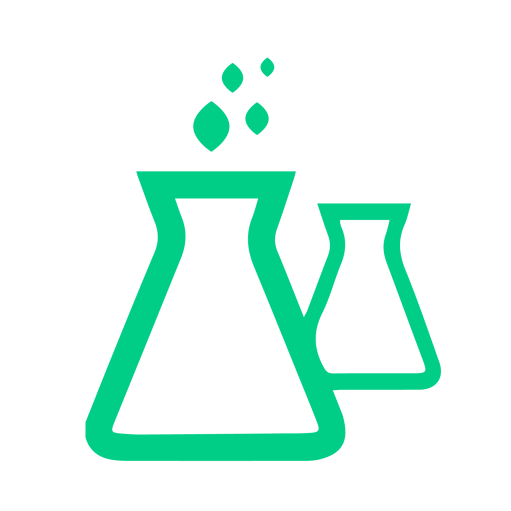
Biotin or Vitamin B7 is a water-soluble vitamin that is common in our diet and plays an important role in various metabolic processes of the organism. Within the last years, biotin has drawn special attention for its possible connection with hair health, and many people use it as a key supplement for improving hair condition. While the scientific study of biotin and hair health remains ongoing, the importance of biotin in maintaining strong, healthy-looking, and shining hair has become widely accepted.
The Mechanism of Action of Biotin
Understanding the benefits of biotin for the hair requires understanding its physiological role. As a coenzyme, biotin aids in the metabolism of fatty acids, amino acids, and glucose. This implies that biotin is crucial in the production of cellular energy, particularly in hair follicle cells. The growth and health of hair largely depend on rapid division and metabolic action of follicle cells. Therefore, biotin aids active metabolic processes, which in turn facilitate cell division. Biotin plays a role in the formation of keratin, the main protein that gives structure to the hair, skin, and nails of the body.

The Relationship Between a Lack of Biotin and Hair Issues
Though quite rare, a deficiency in biotin has adverse effects on hair health. When the human body lacks biotin, it results in thinning, brittle hair, or even hair loss. This is because a biotin deficiency impairs the metabolic functions of the hair follicles and, as such, they cannot function well. Other symptoms caused by a deficiency in biotin include dry skin, brittle nails, and even fatigue. Adequate intake of biotin is, therefore, essential to maintain healthy hair.
This should be underlined, however: while deficiency in biotin is indeed associated with hair loss, as to whether increased intake makes much difference to increased hair growth and thickness in those whose status is above deficient, it is still a matter of debate among scientists. Subjective improvements in hair health, like stronger, shinier hair, are nonetheless reported by many after taking biotin supplements.
Natural Sources of Biotin
It is readily acquired through diet because it is contained in almost all common foods. Food rich in biotin sources includes egg yolk, nuts, seeds, liver, avocado, and sweet potatoes. Other good foods that contain less quantity of biotin include milk, bananas, and spinach. In most instances, individuals acquire an adequate amount from normal intake of any reasonable diet. However, some groups, like pregnant or lactating women, may need supplementation with other sources because demands are high.
Biotin supplements are also broadly available and commonly aim at promoting healthy hair, skin, and nails. Common supplement doses are 30 mcg to 1,000 mcg with most people getting sufficient biotin in their diet to meet daily recommendations. Biotin supplements may also be useful for some individuals with particular hair health problems, although these are always best discussed with a healthcare professional.
Benefits of Biotin for Hair
Although scientific research has not yet explained how biotin specifically affects hair health, several studies and personal experiences give credence to its positive effect. Biotin has gained more popularity for maintaining hair thick and full. Some studies indicate that biotin may enhance the structure of keratin in hair, hence minimizing breakages and thus avoiding hair loss. Others also believe that biotin can help in hair regrowth, particularly in conditions related to thinning hair or loss of hair.
People that have genetic hair loss also have noticed symptom improvement along with alopecia and other hair problems because of the intake of biotin. While biotin cannot completely reverse severe cases of hair loss, it could help to slow the process down and improve the quality of one’s hair.
Safety and Side Effects of Biotin
Biotin is a water-soluble vitamin, meaning it is easily excreted from the body through urine. Therefore, even if taken in high doses, it is unlikely to cause serious side effects. However, excessive biotin supplementation can interfere with certain blood tests, such as thyroid function tests or cardiac markers. It is advisable to inform your healthcare provider if you are taking biotin supplements before undergoing any blood tests.
The recommended daily intake of biotin for most people is around 30 micrograms, with slightly higher levels for pregnant or breastfeeding women. In most cases, the biotin content in food is sufficient to meet these needs, and over-reliance on supplements is not necessary without medical advice.
Conclusion
Biotin plays a crucial role in maintaining healthy hair by supporting the production of keratin and promoting the metabolic activity of hair follicle cells. While biotin deficiency is linked to hair problems, it is still unclear whether supplementation can significantly enhance hair health in those without a deficiency. However, many people report benefits such as thicker, stronger, and shinier hair when using biotin supplements.
Ensuring a balanced diet that provides sufficient biotin and considering supplementation when needed can be an effective way to support healthy hair. Before starting any new supplement regimen, it’s always a good idea to consult with a healthcare provider to ensure that your body’s needs are being met. As science continues to advance, we may gain a clearer understanding of the exact role biotin plays in hair health in the future.
